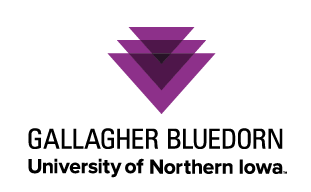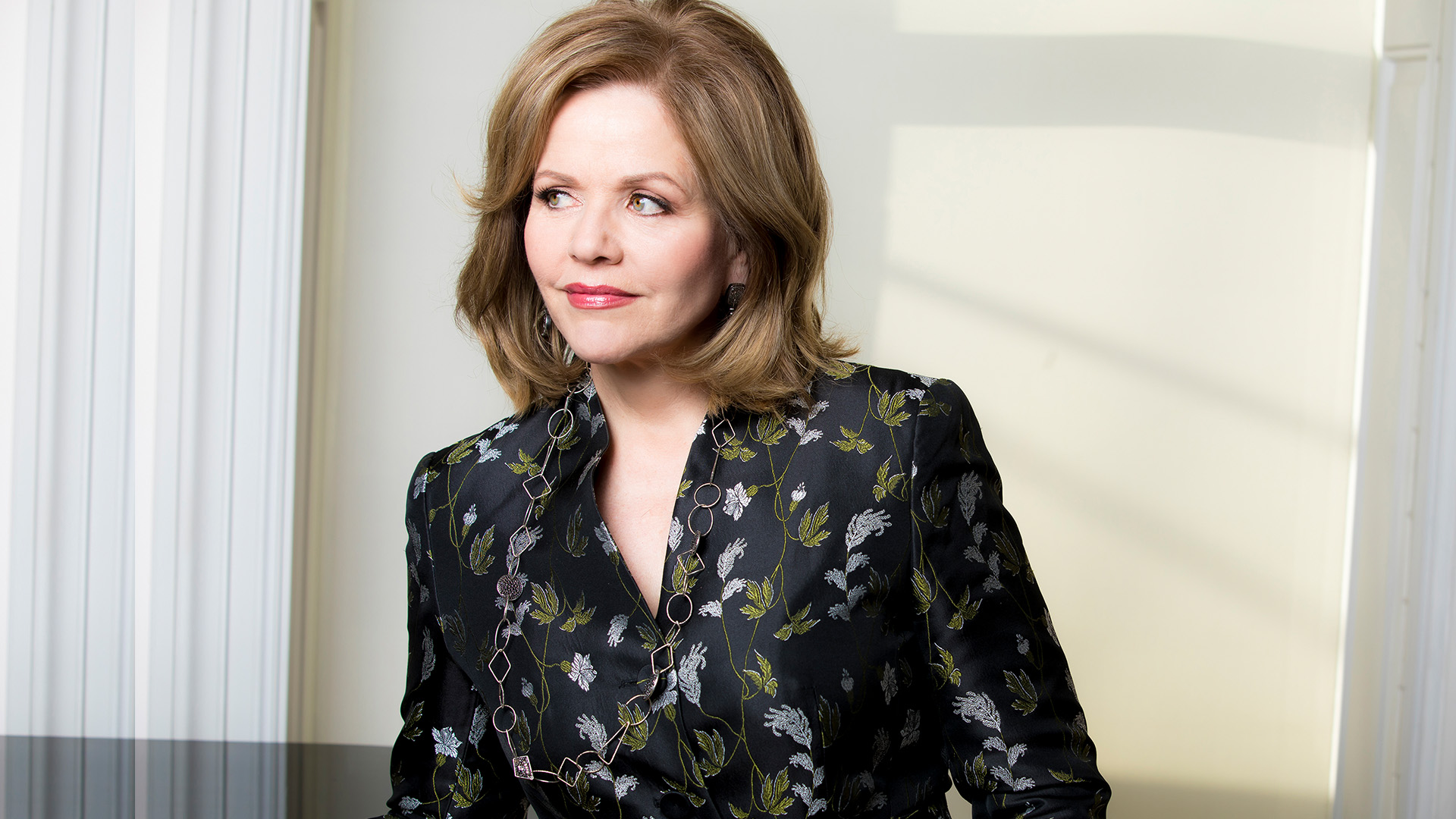Article originally posted to thegazette.com/
Diana Nollen May 26, 2022 "Soprano Renée Fleming performing in Cedar Falls"
Grammy-winning lyric soprano Renee Fleming has won every accolade under the sun and sung on the world’s most prestigious stages, yet she still finds many “pinch me” moments where she can’t believe she’s really there.
“Any of the big events — the Nobel Prize, the Beijing Olympics, the Obama gala. Any time you’re in an event — something that's really a world event — that's incredible,” she said by phone from Los Angeles in early May. She traveled there from her home in the Washington, D.C., area, for engagements at a private gala, as well as a conference.
She’ll be returning to Iowa to perform a recital June 3 at the Gallagher Bluedorn Performing Arts Center in Cedar Falls. She previously charmed and captivated audiences when she graced the new Hancher Auditorium stage in Iowa City on Oct. 8, 2016.
Singing with pianist Inon Barnatan, she will perform operatic arias, as well as “an absolutely beautiful piece” by composer and big band leader Maria Schneider. “And you'll hear musical theater,” Fleming said.
Career path
Performing across genres comes naturally to the daughter of music teachers, who was born in Indiana, Pa., and grew up in Churchville, N.Y., near Rochester. Now 63 and married to tax lawyer Tim Jessell, Fleming got her start singing jazz with a trio for two and a half years during her undergraduate days at State University of New York (SUNY) Potsdam in Upstate New York.
“And at the same time, I was a pretty good guitarist,” she said. “I loved folk music and bluegrass. I’ve always had an eclectic taste in music — I think a lot of people do, probably most people do.
“I was very focused on my career and singing at a high level for decades,” she said, “but at a certain point, I thought, ‘Let me branch out a little bit.’”
She furthered her studies at the Eastman School of Music in Rochester, N.Y., and the Juilliard School in New York City, spending a year in West Germany on a Fulbright fellowship.
Likewise, her two daughters are “very musical, and wonderful singers,” she said, but have chosen other professions.
“My joke is they know too much,” she said with a laugh, before turning serious. “It's a hard life — it’s a very challenging lifestyle when you’re working constantly.”
Striking a balance between work and home is “the hardest thing,” Fleming said. “That is the biggest challenge, really, with balance. So that’s why I started singing way less opera and concertizing more, because I can go to more places in a short amount of time and get home to my children.
“They turned out really well. God bless them for being so patient and so understanding. And I also took them all over the world, so both kids have been in five continents, and they appreciate that. They understand what a privilege that is.”
It’s a career that has earned her accolades at home and abroad.
A daily newspaper in Frankfurt, Germany, praised Fleming as having “possibly the most beautiful soprano voice in the world.”
It’s a voice that’s garnered her four Grammy Awards, a Tony nomination for her Broadway appearance in “Carousel” and the U.S. National Medal of Arts. In 2008, she became the first woman in the 125-year history of New York’s Metropolitan Opera to solo headline an opening night gala.
Still, from singing on the balcony of Buckingham Palace during Queen Elizabeth’s Diamond Jubilee in 2012 to becoming the first classical artist to sing the national anthem at the Super Bowl in 2014, the most satisfying performance is “just one that’s good,” she said.
“One where it really clicked with the audience and we have a great time. There’s nothing that can make you happier than that,” she said. “That’s a very special kind of joy and satisfaction. And I can’t do it without them. That’s the one thing we all learned in digital (during the pandemic). It’s not fun — you’re performing to a void.”
Pandemic projects
Like so many other artists, she did find a way to connect and keep busy during the pandemic shutdown. She streamed online concerts for the Metropolitan Opera, the Kennedy Center, the Lyric Opera of Chicago, LA Opera and the Baltimore Symphony Orchestra, and did a duet program with Vanessa Williams at the Kennedy Center.
“I did a lot of little digital things to help organizations that were really struggling. Everybody was struggling,” Fleming said.
She also recorded Jackson Browne’s single, “Before the Deluge,” with Rhiannon Giddens, Alison Krauss and pianist Yannick Nezet-Seguin. Because it came about during the pandemic, the artists recorded their tracks separately, instead of being in the same room.
“David Frost produced it, and he’s won more Grammys than anyone, probably, so that helped,” Fleming said.
The women’s very distinct styles blended seamlessly.
“I loved their voices and their artistry,” Fleming said. “Plus, the song is so relevant. It was written to speak to a time when we were worried about nuclear warfare and here we are talking about it again. When we recorded it, I meant it to be about climate and then it actually works well for that, as well.”
Her most recent CD, “Voice of Nature: the Anthropocene,” released in 2021, is a collection of art songs and world premieres, with pianist Nezet-Seguin.
Links to both recordings are featured on reneefleming.com/
In 2020, Fleming launched “Music and Mind LIVE,” a weekly online interview show examining the intersection of music and arts with health. She spoke with scientists and practitioners in this field, and over the course of 19 episodes, tallied more than 650,000 views, from 70 countries. As a leading advocate for this research, she won the 2020 Rosenfeld Award for Impact on Public Opinion.
During her recent trip to Los Angeles, she was one of the speakers for the Milken Institute Global Conference session on “Perfect Harmony: Music and Its Impact on the Brain.”
She also has turned her attention to lung power and therapy for people affected by COVID-19.
“I developed this Healing Breaths project with Google Arts and Culture, to help people with long COVID. We are continuing on with that and talking about developing some kind of technology that could collect data that would tell us if it’s working.
“I’m learning so much,” she said, “because I didn’t realize how many people suffer from lung disorders, in addition to COVID patients.
“I’m trying to use all my singing experience for good.”
Comments: (319) 368-8508; diana.nollen@thegazette.com




